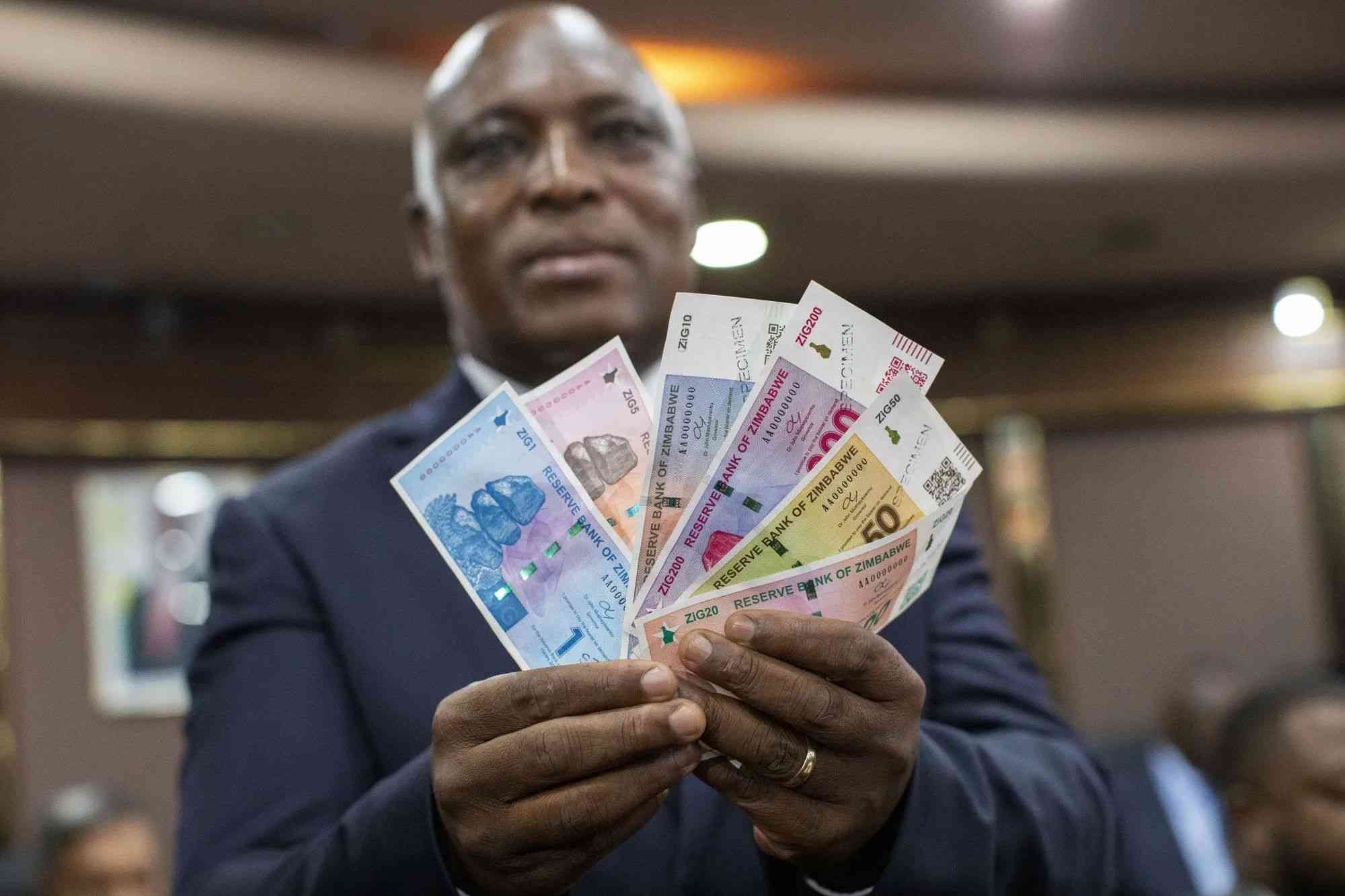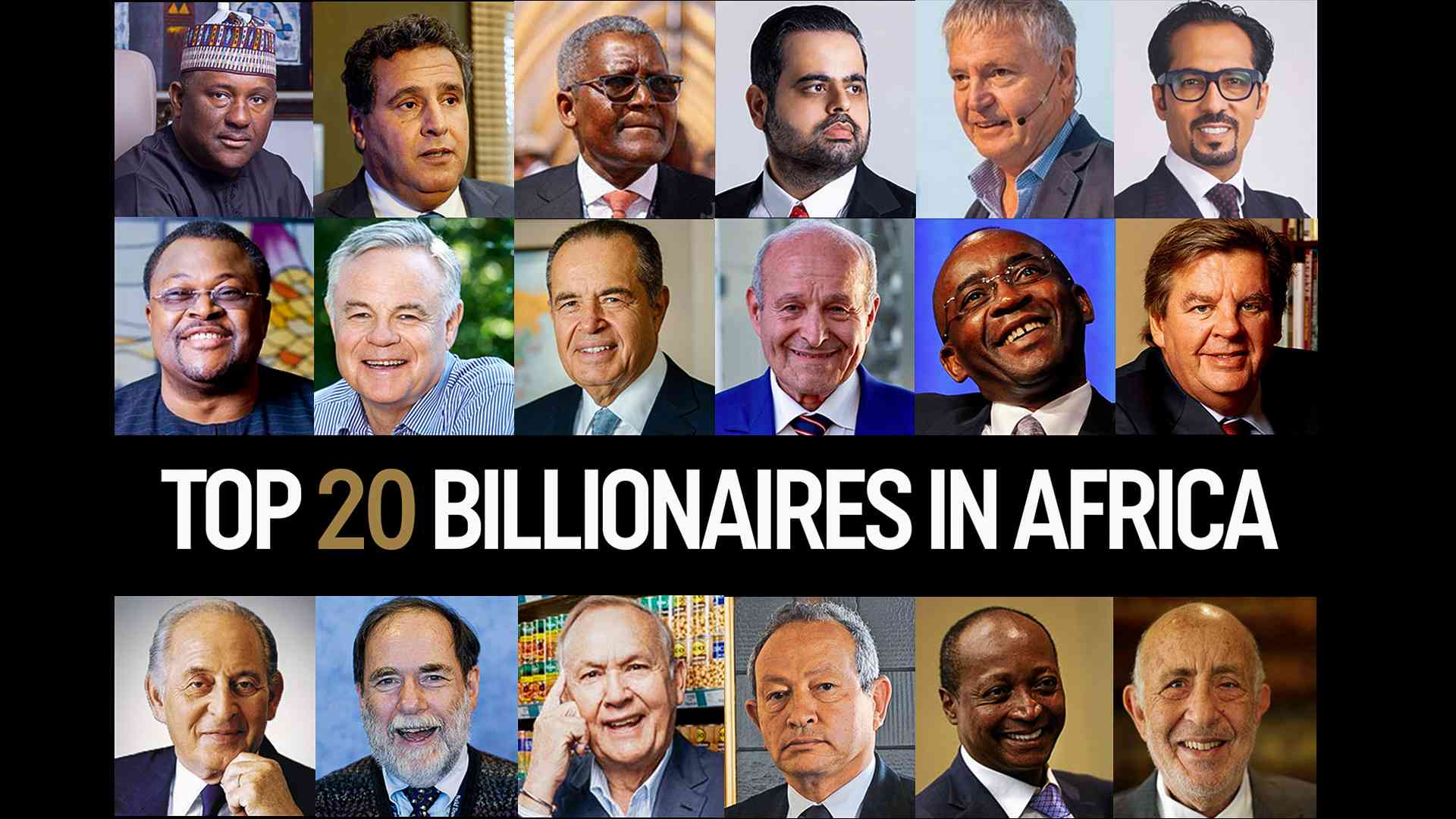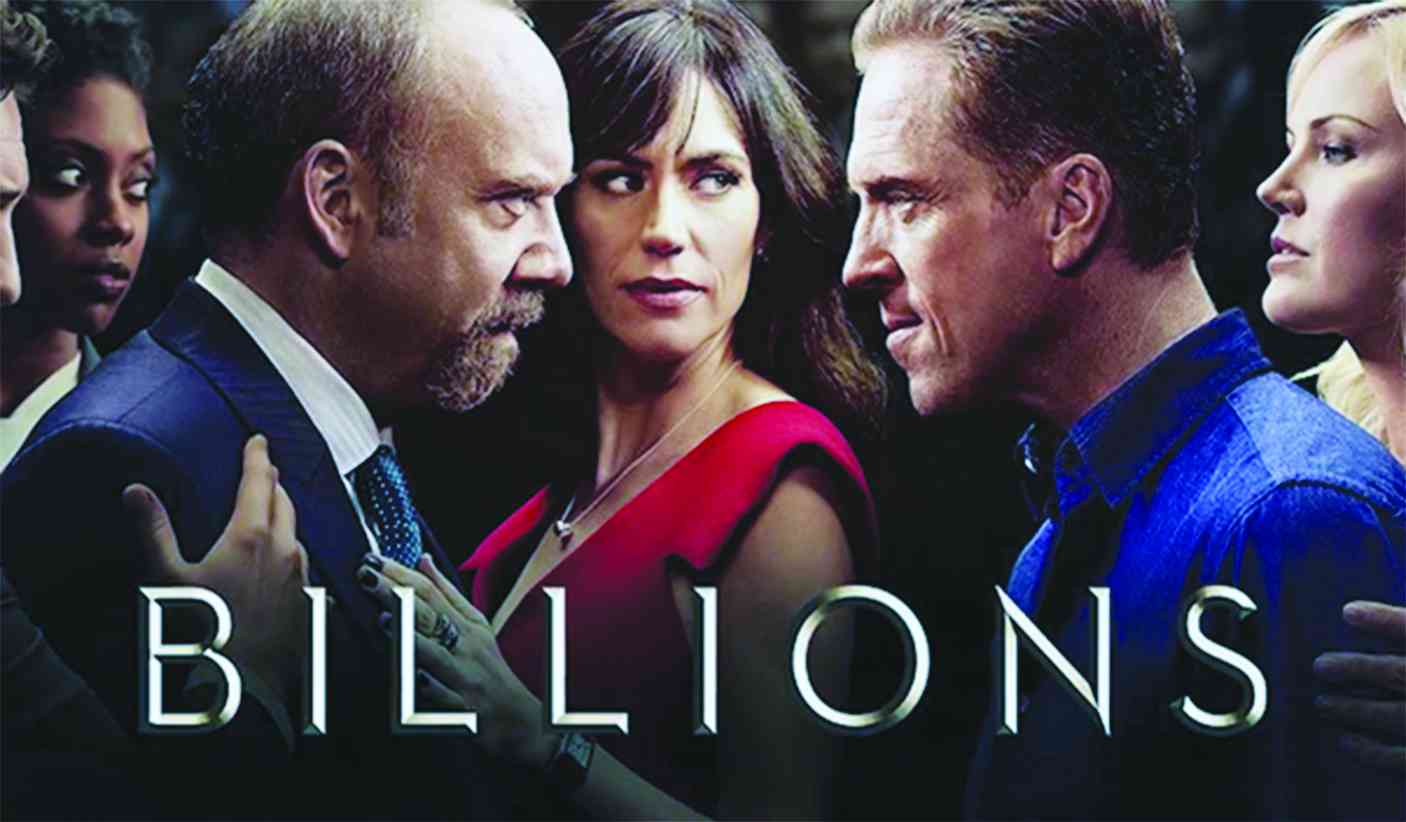
As Zimbabwe grapples with its enduring currency crisis, prominent banker Nicholas Vingirai has called for greater transparency, citing Germany's post-war currency reforms as a model for rebuilding public confidence.
Zimbabwe’s government has faced persistent challenges in stabilising its currency since 2009, with repeated attempts failing largely due to public mistrust.
In April, the Reserve Bank of Zimbabwe (RBZ) introduced the Zimbabwe Gold (ZWG), a currency reportedly backed by a basket of minerals, aiming to curb the country’s hyperinflation legacy.
However, since its launch, the ZWG has depreciated by over 70% against the US dollar, casting doubts over its long-term viability. This marks Zimbabwe’s sixth attempt to establish a stable currency in 15 years.
Speaking to businessdiggest at the third edition of the four-day 2024 Ideas Festival held in Nyanga last week, Vingirai underscored the importance of full disclosure, drawing comparisons with Germany’s 20th-century currency reform.
“While presenting, I gave a case study of Germany when they reintroduced a new currency. They did (then) and never again," he said.
"We have been introducing new currencies but to no avail. It is because there is something we are missing.
“There must be something that we are not doing. What the central bank of Germany did was full disclosure to the public and the government.”
- RBZ blocks Harare US dollar charges
- Industry cries foul over new export surrender requirements
- One stitch in time saves nine
- Banks keep NPLs in safe territory
Keep Reading
Vingirai attributed the failure of ZWG to a lack of full disclosure, emphasising the need for transparency to both the public and government.
“So, do we have full disclosure? Maybe that is one of the issues we need to look at, saying are we getting full disclosure from our central bank?" he said.
"Because of that, once you disclose, you are inviting confidence.
"If you keep a secret, people will tell you (that you) do not know what (you) are doing.
"Even though we were doing some of the things that the Germans did, that maybe we are lacking here, are we doing this other aspect of disclosure correctly?"
Vingirai said while full disclosure was necessary, there was certain confidential information the central bank was not required to reveal.
He said: “Maybe that is why even though we did what we did with the gold and the reserves, nothing changed. It is because we still have not fully disclosed”.
Germany’s experience with currency reform is indeed instructive. Before joining the eurozone in 1999, Germany had a complex currency evolution, beginning with the gold-backed Deutsche Mark (DM) in 1871, which eventually fell into disarray post-World War I.
The DM became known as the "Papiermark" as Germany's economy struggled with war debts and reparations.
Hyperinflation in the 1920s forced the country to abandon the DM for the Rentenmark in 1923 and later the Reichsmark in 1924, which became nearly worthless, ravaged by the war.
But it was after World War II, with the reintroduction of the DM in 1948 and a transparent reform approach, that Germany finally achieved stability. Despite calls by some for dollarisation, Vingirai argued that restoring public trust was more vital than adopting foreign currency.
"What we need is to have people in the central bank, for example, who are believed by people. How are they believed? They are known to be people of integrity,” he said.
“They are known to be people of their word. They are known to have achieved at the highest levels you can think of.
"People are very easy to convince. If you stand in the truth, people know that you are standing in truth; you do that, game over. That is where the answer is. That is where we begin.”











